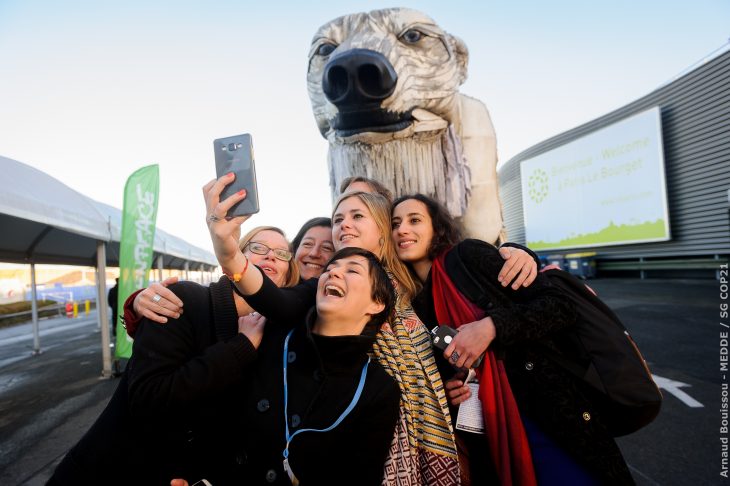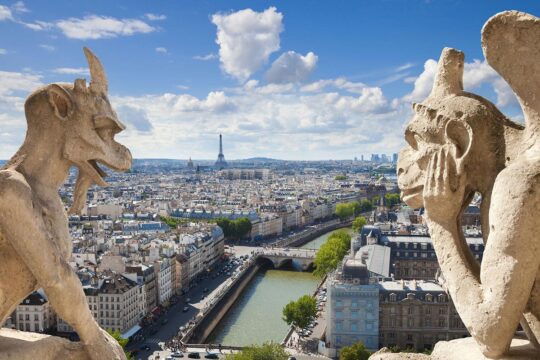This week was again dominated by the COP21 environment conference in Paris, where the idea of “climate justice” is included in the final document adopted Saturday, as well as the duty of States to “respect, promote and take account of human rights”. It does not, however, include the right to reparations for environmental damaged suffered. Researcher Joël Hubrecht of the Institute of Advanced Legal Studies (IHEJ, a partner of Justiceinfo.net) even speaks in an article published on our site of “ecocide”, a term inspired by the theses of Polish jurist Raphaël Lemkin who forged the definition of genocide during the war.
Meanwhile, troubles continued in conflict and transition countries. The situation in Burundi appears more and more worrying. UN Special Advisor on the Prevention of Genocide Adama Dieng warned of the risk of civil war in Burundi. He said he was “deeply concerned about the way both government and opposition are manipulating ethnicity” to set Hutus and Tutsis in the country against each other. The bodies of at least 40 young people killed by bullets, often at short range, were found in the streets of Burundi’s capital Bujumbura on Saturday morning. Inhabitants of several parts of the town accuse security forces of having arrested on Friday all the youth they came across and killing them deliberately, just hours after a dawn attack on three military camps by rebel soldiers. The government says these unprecedented, coordinated attacks on military bases left dozens dead.
One of the nine fugitives sought by the International Criminal Tribunal for Rwanda (ICTR), Ladislas Ntaganzwa, was arrested in the Democratic Republic of Congo (DRC), which is expected to transfer him to Rwanda for trial. Former mayor of Nyakizu (southern Rwanda) Ntaganzwa is accused of inciting and participating in massacres of thousands of Tutsi civilians during the 1994 Rwandan genocide, and organizing the rape of Tutsi women in his district. The ICTR, which was charged with bringing to justice those most responsible for the 1994 genocide, officially closed its doors on December 1.
As the world marked UN Human Rights Day on December 10, the list is long of ongoing serious violations considered by the UN and NGOs to be possible crimes against humanity. This week they included Saudi Arabia’s bombing of schools in Yemen and a damning UN Security Council report on North Korea. UN High Commissioner for Human Rights Zeid Ra'ad al Hussein said that given the “huge scale and gravity” of abuses, it was “essential” to refer crimes against humanity in North Korea to the International Criminal Court (ICC). That seems unlikely, however, since a UN Security Council referral is sure to be vetoed by China, the last but powerful supporter of Pyongyang.







